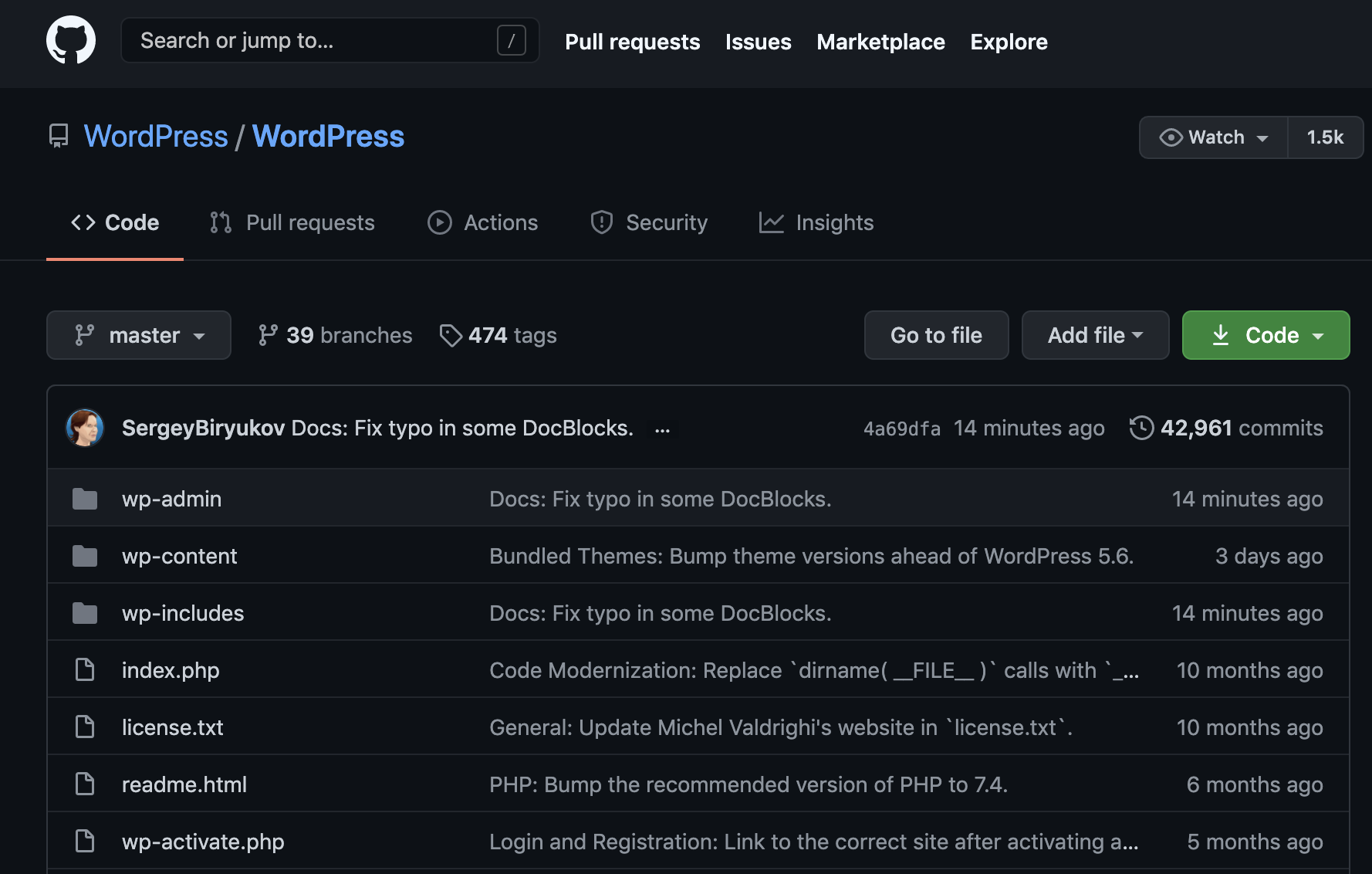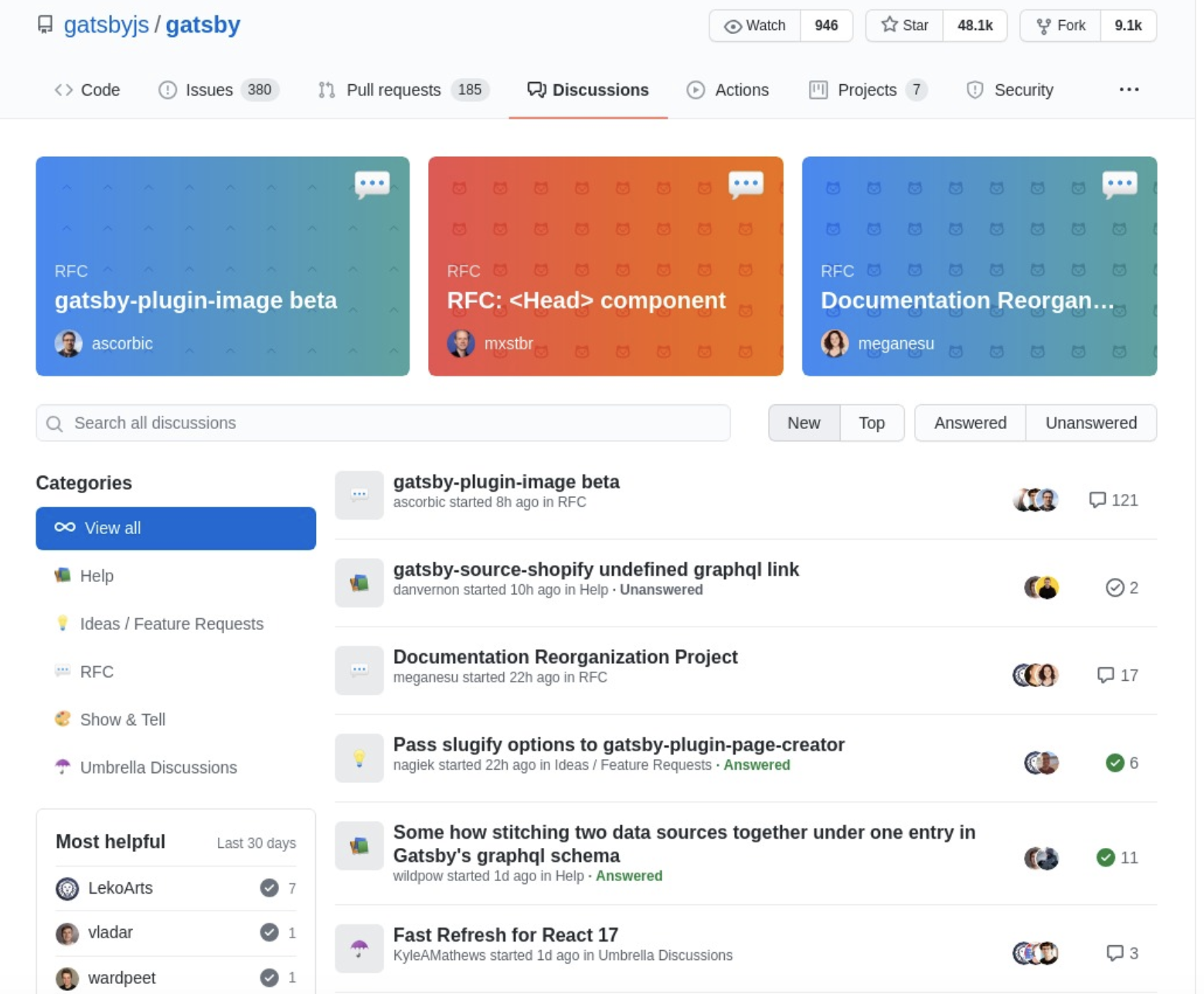GitHub Introduces Darkmode, Discussions for Public Repositories, and Dependency Review
GitHub Universe, the company’s annual marquee product and community event, took place this week, bringing users a flurry of new features. Dark mode is now in public beta and can be activated under the Settings menu or set to follow system preferences.

Discussions is a new feature that GitHub unveiled at its Satellite event in May to facilitate questions and open-ended conversations. The company has been testing it with open source communities like Gatsby and Laravel to iron out bugs ahead of the public launch. Discussions currently allows users to customize categories, transfer and pin discussions, and convert issues into discussion threads. Mobile support is coming soon.
Participants on Discussions can search or sort conversations by newest, top, answered, and unanswered. Threads can be upvoted for better exposure and a sidebar widget displays the “most helpful” users. Discussions are essentially a modernized forum, with a little bit of gamification sprinkled in. for good measure.

Project maintainers for WordPress plugins, themes, and tools hosted on GitHub may want to explore Discussions to see if it could benefit their communities. The format is more approachable for less technical participants who may not be familiar with GitHub issues.
Building on the existing dependency graph and security alerts features, GitHub is introducing dependency review as a way to help developers catch vulnerable code before it gets added to their projects. Dependency review displays the following information for each pull request:
- which dependencies were added, removed, or updated
- release dates
- how many projects use these components
- vulnerability information for each dependency
The beta for the dependency review feature is now open to all public repositories and will be gradually rolled out across GitHub in the next few weeks.
Other notable announcements include the ability to auto-merge pull requests when using protected branches, improvements to continuous delivery support, and GitHub Sponsors for companies, which allows organizations to use their existing billing to donate to open source developers and projects. Check out the full details in the announcement summary from the event.








